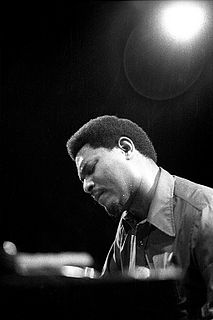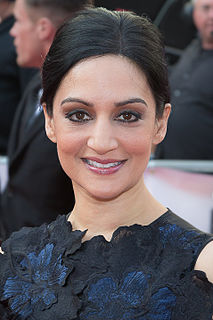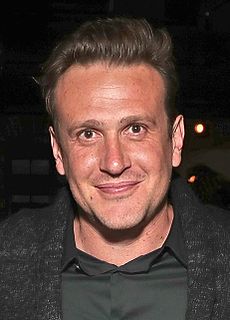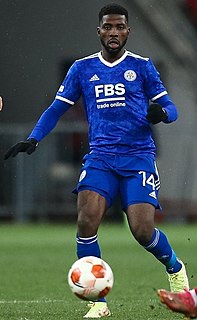A Quote by Condoleezza Rice
I'm very glad my mother didn't let me quit piano lessons at age 10. She said I wasn't old enough or good enough to make that decision, and she was right. I remember at the time I was shocked. I did not like that my mother said those things to me. But when I got a chance to play with Yo-Yo Ma or more recently with Aretha Franklin, I thought, I'm really glad she said what she did.
Related Quotes
[Short Talk on Sylvia Plath] Did you see her mother on television? She said plain, burned things. She said I thought it an excellent poem but it hurt me. She did not say jungle fear. She did not say jungle hatred wild jungle weeping chop it back chop it. She said self-government she said end of the road. She did not say humming in the middle of the air what you came for chop.
When she expressed a doubtful hope that Tinker Bell would be glad to see her, he said, ‘Who is Tinker Bell?’ ‘O Peter,’ she said, shocked; but even when she explained he could not remember. ‘There are such a lot of them,’ he said. ‘I expect she is no more.’ I expect he was right, for fairies don’t live long, but they are so little that a short time seems a good while to them.
"Baby, you know?" my mother once said to me. "I think you're the greatest woman I've ever met - and I'm not including my mother or Mrs. Eleanor Roosevelt in that." She said, "You are very intelligent and you're very kind, and those two qualities do not often go together." Then she went across the street and got in her car, and I went the other way down to the streetcar. I thought, "Suppose she's right. She's intelligent - and she's too mean to lie." You see, a parent has the chance - and maybe the responsibility - to liberate her child. And my mom had liberated me when I was 17.
What is it, Angel?" she said, starting up. "Have they come for me?" "Yes, dearest," he said. "They have come." "It is as it should be," she murmured. "Angel, I am almost glad—yes, glad! This happiness could not have lasted. It was too much. I have had enough; and now I shall not live for you to despise me!" She stood up, shook herself, and went forward, neither of the men having moved. "I am ready," she said quietly.
...fact was she knew more about them than she knew about herself, having never had the map to discover what she was like. Could she sing? (Was it nice to hear when she did?) Was she pretty? Was she a good friend? Could she have been a loving mother? A faithful wife? Have I got a sister and does she favor me? If my mother knew me would she like me? (140)
I studied piano from the age of three. My grandmother taught piano. I stayed at her house during the day while my parents worked. I obviously wanted to learn to play. And so she asked if she could teach me, and my mother said don't you think she's too young. My grandmother apparently said no. So I could read music before I could read, and I really don't remember learning to read music. So for me it's like a native language. When I look at a sheet of music, it just makes sense.
People said things they didn't mean all the time. Everybody else in the world seemed able to factor it in. But not Lena. Why did she believe the things people said? Why did she cling to them so literally? Why did she think she knew people when she clearly didn't? Why did she imagine that the world didn't change, when it did? Maybe she didn't change. She believed what people said and she stayed the same." (Lena, 211)
Anyway, when I got out of the Army, I went to see a therapist. And she said, what seems to be the trouble? And I said I want to give all my money away. And she said, how much do you have? And I said, I owe $300. She stared at me for several seconds, and she said, I see. Well, let's get to work. And maybe by the time you do have some money, you'll be wise enough to know what to do with it.
It was hard when my mother left us. I said to myself: 'You must keep working hard for her.' She was a teacher, a big influence. She made me work harder. So when I'm not doing something right or when I'm not playing or working hard enough, I remember what she used to say to me. She gets me moving. She pushed me to work hard.
"She (Minnie Ruth Solomon) was unusual because even though I knew her family was as poor as ours, nothing she said or did seemed touched by that. Or by prejudice. Or by anything the world said or did. It was as if she had something inside her that somehow made all that not count. I fell in love with her some the first time we ever talked, and a little bit more every time after that until I thought I couldn't love her more than I did. And when I felt that way, I asked her to marry me . . . and she said she would."










































